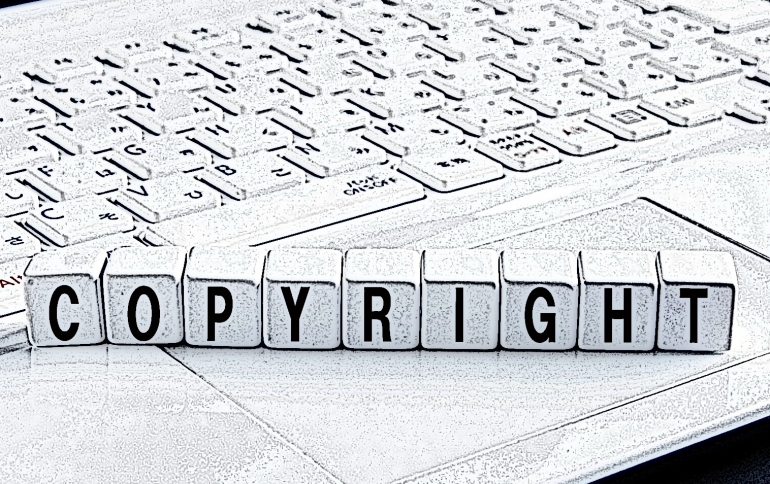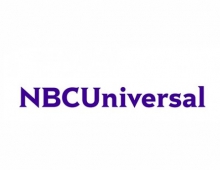
European Parliament Approves New Copyright Rules for the Internet
EU lawmakers endorsed on Tuesday a preliminary deal on updating the bloc’s two-decade old copyright rules, which will force Google to pay publishers and artists for using their work online.
MEPs adopted the directive in plenary by 348 votes in favour, 274 against and 36 abstentions. This marks the end of the legislative process for the European Parliament that began in 2016. It will now be down to member states to approve Parliament’s decision in the coming weeks. If the member states accept the text adopted by the European Parliament, it will take effect after publication in the official journal and then member states will have 2 years to implement it.
The European Commission kicked off the process two years ago in a bid to ensure publishers, broadcasters and artists received fair compensation from big online companies. YouTube, Facebook and Google News are some of the internet household names that will be most directly affected by this legislation.
The directive aims to enhance rights holders’ chances, notably musicians, performers and script authors, (creatives) as well as news publishers, to negotiate better remuneration deals for the use of their works when these feature on internet platforms. It does this by making internet platforms directly liable for content uploaded to their site and by automatically giving the right to news publishers to negotiate deals on behalf of its journalists for news stories used by news aggregators.
As sharing snippets of news articles is specifically excluded from the scope of the directive, it can continue as before. However, the directive also contains provisions to avoid news aggregators abusing this. The ‘snippet’ can therefore continue to appear in a Google News newsfeeds, for example, or when an article is shared on Facebook, provided it is “very short”.
Uploading protected works for quotation, criticism, review, caricature, parody or pastiche has been protected more than it was before, ensuring that memes and Gifs will continue to be available and shareable on online platforms.
The text also specifies that uploading works to online encyclopedias in a non-commercial way, such as Wikipedia, or open source software platforms, such as GitHub, will automatically be excluded from the scope of this directive. Start-up platforms will be subject to lighter obligations than more established ones.
Authors and performers will be able to claim additional remuneration from the distributor exploiting their rights when the remuneration originally agreed is disproportionately low when compared to the benefits derived by the distributer.
The directive aims to make it easier for copyrighted material to be used freely through text and data mining, thereby removing a competitive disadvantage that European researchers currently face. It also stipulates that copyright restrictions will not apply to content used for teaching or illustration.
Finally, the directive also allows copyrighted material to be used free-of-charge to preserve cultural heritage. Out-of-commerce works can be used where no collective management organisation exists that can issue a license.
"There is nothing to celebrate today. With a chance to bring copyright rules into the 21st century the EU institutions have squandered the progress made by innovators and creators to imagine new content and share it with people across the world, and have instead handed the power back to large US owned record labels, film studios and big tech.
"People online everywhere will feel the impact of this disastrous vote and we fully expect copyright to return to the political stage. Until then we will do our best to minimise the negative impact of this law on Europeans’ internet experience and the ability of European companies to compete in the digital marketplace," said Raegan MacDonald, Mozilla’s Head of EU Public Policy."
Carlo Perrone, president of the European Newspaper Publishers’ Association said that this vote was "for Europe’s soul and culture".
"After more than two years of debate and scrutiny, fairness has prevailed in the form of a copyright reform that will be essential for the future of press publishing and professional journalism," he said.
"Thanks to this directive, web users are now guaranteed a pluralist and democratic internet in the years to come.”
Google threatened to pull its news service from Europe and YouTube chief executive Susan Wojcicki said that the copyright directive was "unrealistic" because owners often quarrel over who owns the right to online material.
Google said that while the copyright directive has improved", it "will still lead to legal uncertainty and will hurt Europe’s creative and digital economies".




















